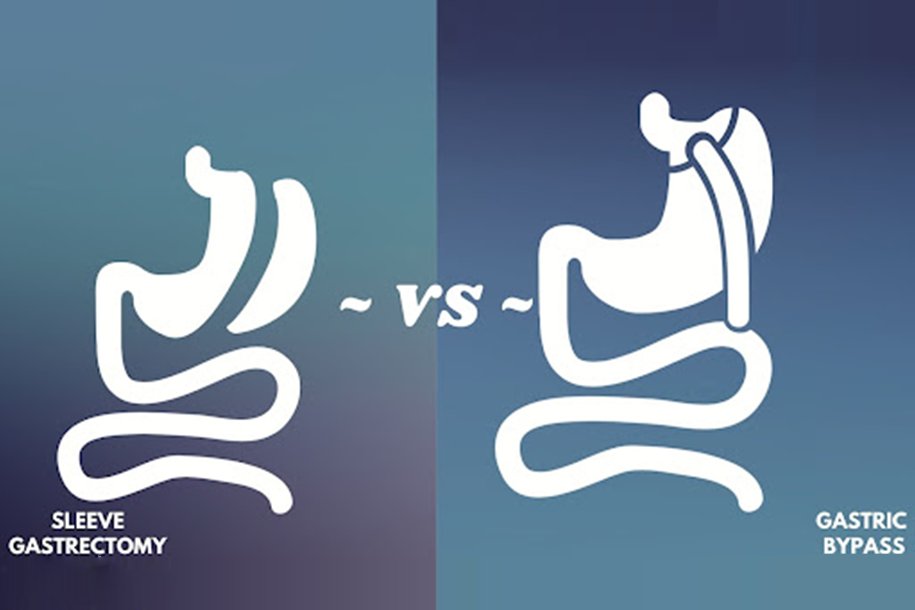
December 20, 2021
Bariatric procedures tackle morbid obesity and give patients a new lease of life. There are various kinds of bariatric procedures suiting the medical profiles and lifestyle goals of different patients. Two of the most common procedures are sleeve gastrectomy and gastric bypass surgery. Sleeve gastrectomy surgery involves removing 80 percent of the stomach to create a small banana-shaped pouch. It reduces the ability of a patient to eat large meals and results in weight loss. A gastric bypass procedure involves making a small pouch by bypassing a large part of the stomach and the small intestine. The overlooked portion of the stomach is connected further down in the small intestine to provide digestive enzymes and acids. When looking to undergo Gastrectomy weight loss surgery in DFW, DFW Bariatrics and General Surgery is a top-rated medical centre that has an experienced team of doctors to help you choose the most suitable procedure.
Here is some basic information on the similarities, differences and risks of sleeve gastrectomy and gastric bypass.
Differences & Similarities
Both Gastric bypass and sleeve gastrectomy are standard bariatric procedures. Both procedures are laparoscopic and involve reducing the size of the stomach. They can, in rare cases, cause dumping syndrome, although the chances are greater with a gastric bypass than with a sleeve gastrectomy.
A Gastric bypass is a more complicated procedure than sleeve gastrectomy. For this reason, sleeve gastrectomy is suitable for patients with high-risk health problems such as respiratory issues and heart disease or those who have had multiple surgeries in the past. A gastrectomy is easier on the body as compared to bypass surgery. It is a simple one-step procedure of reducing the size of the stomach. On the other hand, a Gastric Bypass alters the stomach and as well as the intestine. It makes recovering from a gastric bypass tougher as compared to a sleeve gastrectomy.
Post-surgery, the size of the stomach is smaller in the case of a gastric bypass as opposed to sleeve gastrectomy. Bypass surgery is more effective in treating severe obesity and can result in profound weight loss in a short period of time. Sleeve gastrectomy, on the other hand, gives rise to a slower weight loss process.
Risks
A Gastric Bypass procedure can lead to a higher risk of nutrition malabsorption as a large part of the stomach that absorbs calories is bypassed. Reflux, GERD, and gallstones are some of the rare risks involved with bariatric procedures. In the event of poor dietary control, there is a risk of the stomach pouch expanding over time. There can be case-specific risks depending on the medical history of a patient. It is advisable to discuss the specific risks associated with bypass or gastrectomy weight loss surgery when you consult medical experts in DFW. The skilled team of doctors at DFW Bariatrics and General Surgery can guide patients throughout their weight loss journey.
Wrap Up
Choosing the right Bariatric Surgery is critical to the success of a patient’s weight loss goals. Reach out to trusted medical experts in the field of Bariatric Surgery Treatments in Dallas to discuss suitable options. DFW Bariatrics and General Surgery is a leading centre for Bariatric Surgery offering various surgical and non-surgical treatments. Our medical team handholds patients through preoperative and postoperative care to effectively tackle obesity. Reach out to us at [email protected] or call 469-620-0222.
